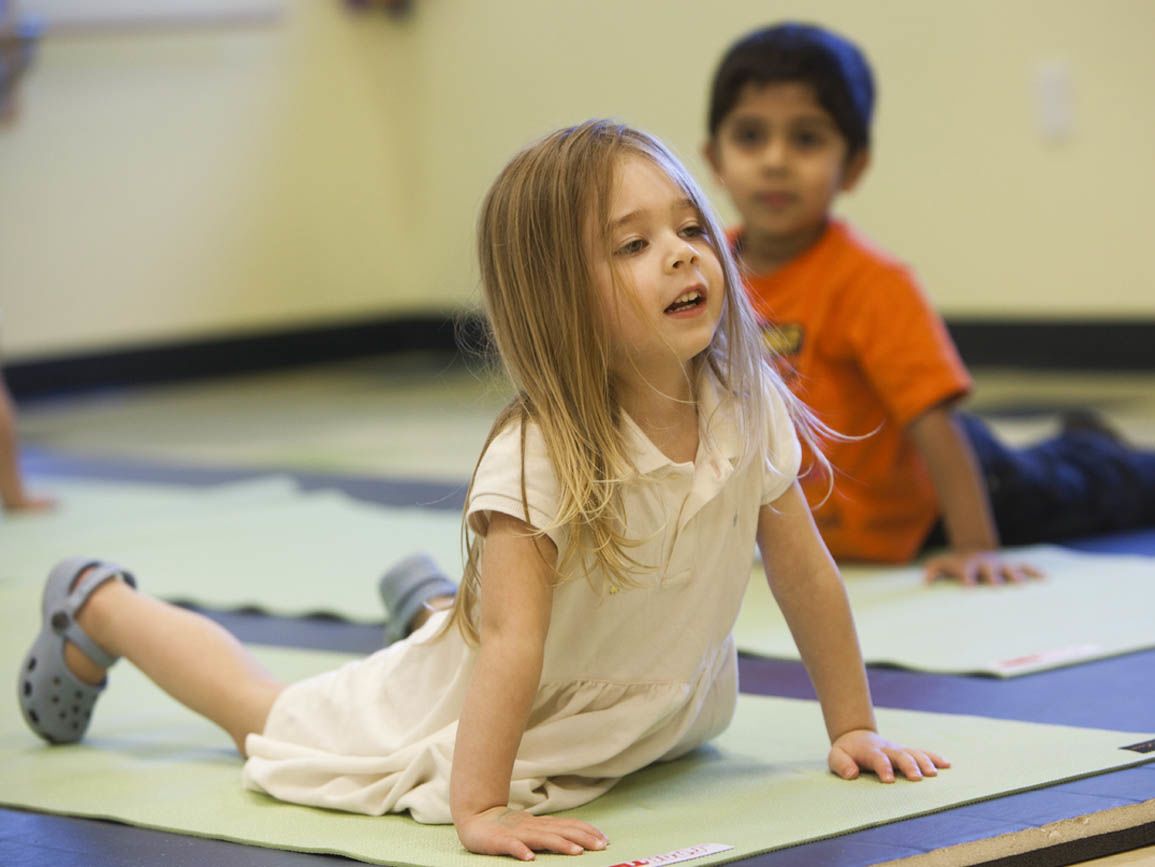Healthy Habits for Kids: Fostering Lifelong Fitness
Encouraging fitness habits in childhood lays the foundation for a lifetime of health and well-being. This article explores the importance of instilling fitness habits in kids, offering practical tips for parents and caregivers to promote an active and healthy lifestyle.
The Significance of Early Fitness Habits
Establishing fitness habits early in life is crucial for the overall well-being of children. Regular physical activity not only contributes to physical health but also enhances cognitive function, supports emotional well-being, and fosters the development of essential motor skills. Cultivating healthy habits in childhood sets the stage for a healthier adulthood.
Making Fitness Fun: Engaging Activities for Kids
To instill a love for fitness, activities should be enjoyable for kids. Incorporating games, sports, and playful exercises makes physical activity fun and exciting. Whether it’s playing tag, riding bikes, dancing, or participating in organized sports, making fitness enjoyable encourages kids to view exercise as a positive and integral part of their daily routine.
Setting a Positive Example as Caregivers
Parents and caregivers play a pivotal role in shaping the habits of children. Setting a positive example by prioritizing personal fitness and integrating it into daily life sends a powerful message. When kids witness adults valuing and enjoying physical activity, it inspires them to adopt a similar attitude toward fitness.
Creating a Supportive Environment at Home
A supportive home environment is conducive to the development of fitness habits. Ensure that there are opportunities for physical activity at home, such as outdoor play spaces, sports equipment, or even family fitness routines. Encourage active playtime and limit screen time to strike a balance that promotes movement.
Incorporating Fitness into Daily Routines
Integrating fitness into daily routines establishes consistency. Simple habits like walking or biking to school, taking family walks after dinner, or incorporating short bursts of physical activity throughout the day contribute to a more active lifestyle. These routine-based activities make fitness a natural and integral part of daily life.
Encouraging a Variety of Activities
Expose children to a variety of activities to discover their interests and strengths. Offering choices such as swimming, martial arts, dance, or team sports allows kids to find activities they enjoy. Variety not only keeps fitness exciting but also helps develop a range of motor skills and fosters a well-rounded approach to physical activity.
Balancing Screen Time and Physical Activity
In the digital age, balancing screen time with physical activity is crucial. While technology offers educational and recreational opportunities, excessive screen time can contribute to sedentary habits. Establish clear guidelines for screen time and ensure there are ample opportunities for active play, sports, and outdoor activities.
Celebrating Achievements and Efforts
Positive reinforcement is essential for nurturing fitness habits. Celebrate children’s achievements and efforts in physical activities. Acknowledge milestones, improvement in skills, and the dedication to a healthy lifestyle. Positive reinforcement fosters a sense of accomplishment and encourages kids to continue making fitness a priority.
Promoting Lifelong Well-Being
The ultimate goal of instilling fitness habits in kids is to promote lifelong well-being. Emphasize that exercise is not just a temporary activity but a lifelong habit for health and vitality. Teaching children the importance of taking care of their bodies and minds through fitness contributes to a positive attitude toward self-care.
Discover More at Dealstr.net
For a wealth of resources and insights on fostering fitness habits in kids, visit Fitness Habits Kids. Explore tips, activity ideas, and expert advice to support parents and caregivers in nurturing a love for fitness in children, ensuring a healthy and active future.

